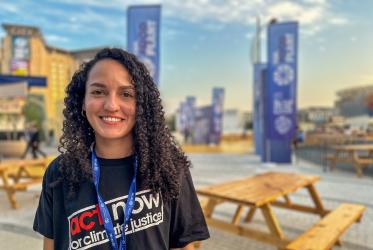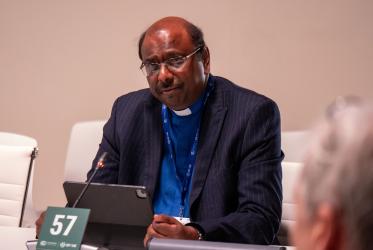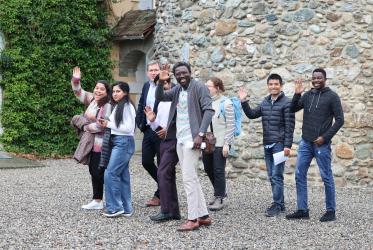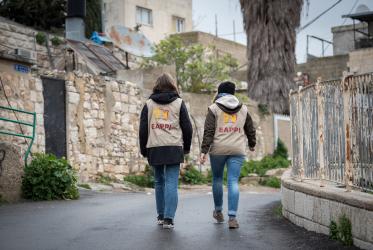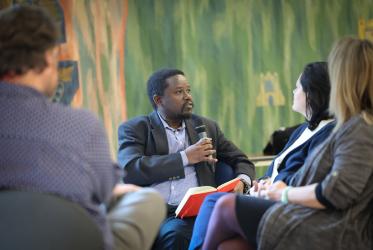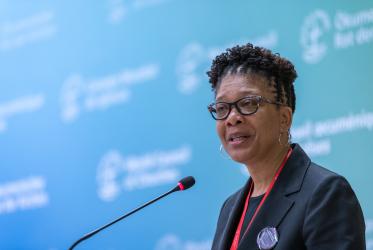Mostrando 41 - 60 de 990
At COP28, WCC general secretary hopes for “less talk and more walk”
01 Diciembre 2023
Towards a Global Vision of the Church, Volume II
Explorations on Global Christianity and Ecclesiology, Faith and Order Paper 239
27 Noviembre 2023
Ahead of Her Time
Pan-African Women of Faith and the Vision of Christian Unity, Mission, and Justice
01 Noviembre 2023
“Quieren vivir sin miedo ni acoso constante”
31 Octubre 2023
“La ocupación no puede durar para siempre”
30 Octubre 2023
A Guide for Churches on the Prevention of Obstetric Fistula
26 Octubre 2023
At peace conference, WCC focuses on overcoming racism
26 Octubre 2023
“The occupation can’t last forever”
25 Octubre 2023
“They want to live without fear and constant harassment”
25 Octubre 2023

